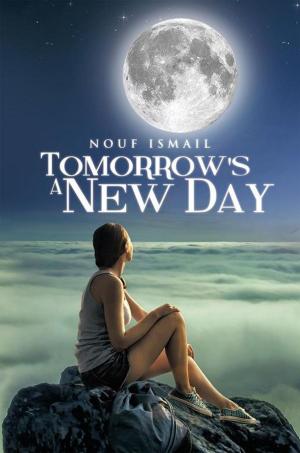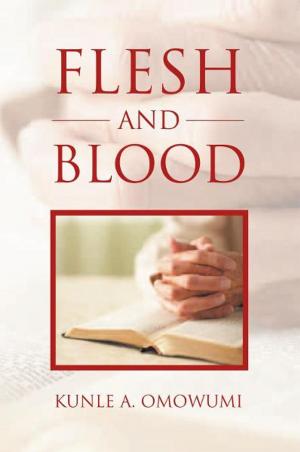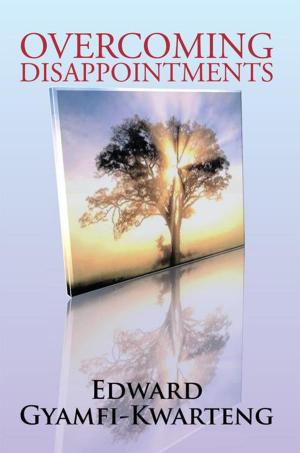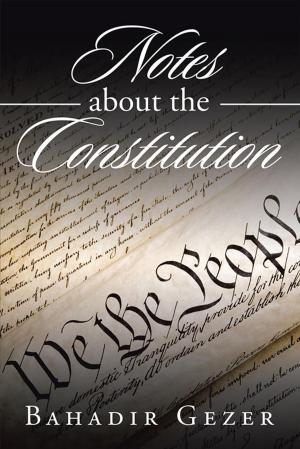Analyzing a Common Word Between Us Muslims and You Christians
A Critical Discourse Analysis (Cda)
Nonfiction, Religion & Spirituality| Author: | Joseph Nnabugwu | ISBN: | 9781462853076 |
| Publisher: | Xlibris UK | Publication: | April 26, 2011 |
| Imprint: | Xlibris UK | Language: | English |
| Author: | Joseph Nnabugwu |
| ISBN: | 9781462853076 |
| Publisher: | Xlibris UK |
| Publication: | April 26, 2011 |
| Imprint: | Xlibris UK |
| Language: | English |
In recent peace initiative (a common word) in Muslim-Christian relations, emphasis on the way forward between Islam and Christianity has been a frantic call to love of God and love of neighbor. This call, argued in this book, provokes rival and parallel logic in the concepts of monotheism between Christian religious leaders and scholars on the one hand and Islamic religious leaders and scholars on the other. Using in places the framework of critical discourse analysis (CDA), the author analyzes some text extracts from a common word in order to expose the underlying problems of ideologies, dichotomies, identity constructions, and orthodoxy claims that are associated with the Islamic Tawhid and Christian Trinity. Drawing from various conferences and workshops convened by both religious communities as well as some social scientist insights, this book finds authentic communication in Muslim-Christian relations grounded in recognition and acceptance of the differences between Islam and Christianity. Recognizing the ideological issues in the usage of the appositional pronouns us Muslims and you Christians as suggesting dichotomy, the author suggests rather the education of both Muslims and Christians, starting from the kindergarten on the religion and beliefs of the other and to re-interpret and revise conflicting Quranic and biblical issues pertaining to Muslim-Christian relations.
In recent peace initiative (a common word) in Muslim-Christian relations, emphasis on the way forward between Islam and Christianity has been a frantic call to love of God and love of neighbor. This call, argued in this book, provokes rival and parallel logic in the concepts of monotheism between Christian religious leaders and scholars on the one hand and Islamic religious leaders and scholars on the other. Using in places the framework of critical discourse analysis (CDA), the author analyzes some text extracts from a common word in order to expose the underlying problems of ideologies, dichotomies, identity constructions, and orthodoxy claims that are associated with the Islamic Tawhid and Christian Trinity. Drawing from various conferences and workshops convened by both religious communities as well as some social scientist insights, this book finds authentic communication in Muslim-Christian relations grounded in recognition and acceptance of the differences between Islam and Christianity. Recognizing the ideological issues in the usage of the appositional pronouns us Muslims and you Christians as suggesting dichotomy, the author suggests rather the education of both Muslims and Christians, starting from the kindergarten on the religion and beliefs of the other and to re-interpret and revise conflicting Quranic and biblical issues pertaining to Muslim-Christian relations.















